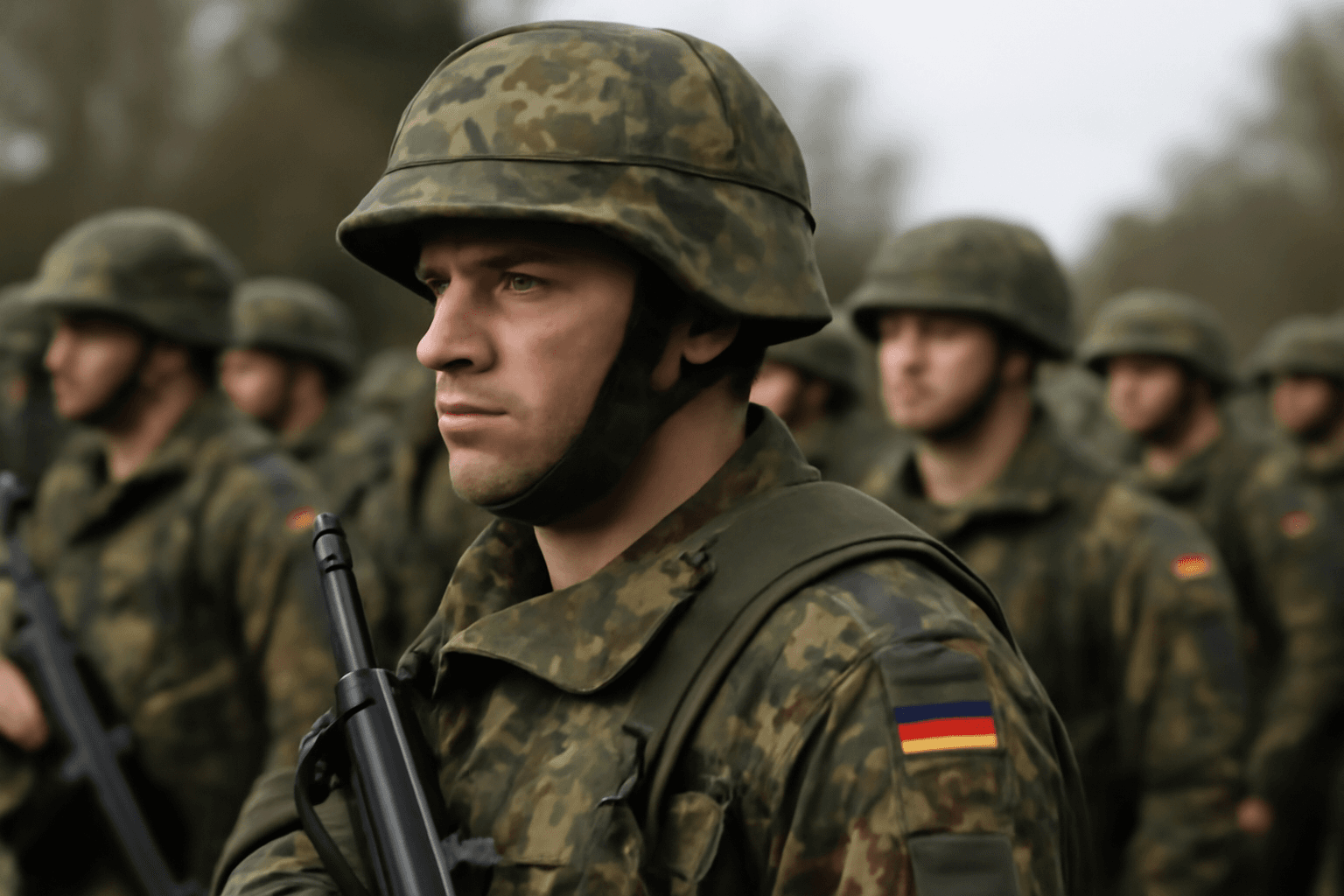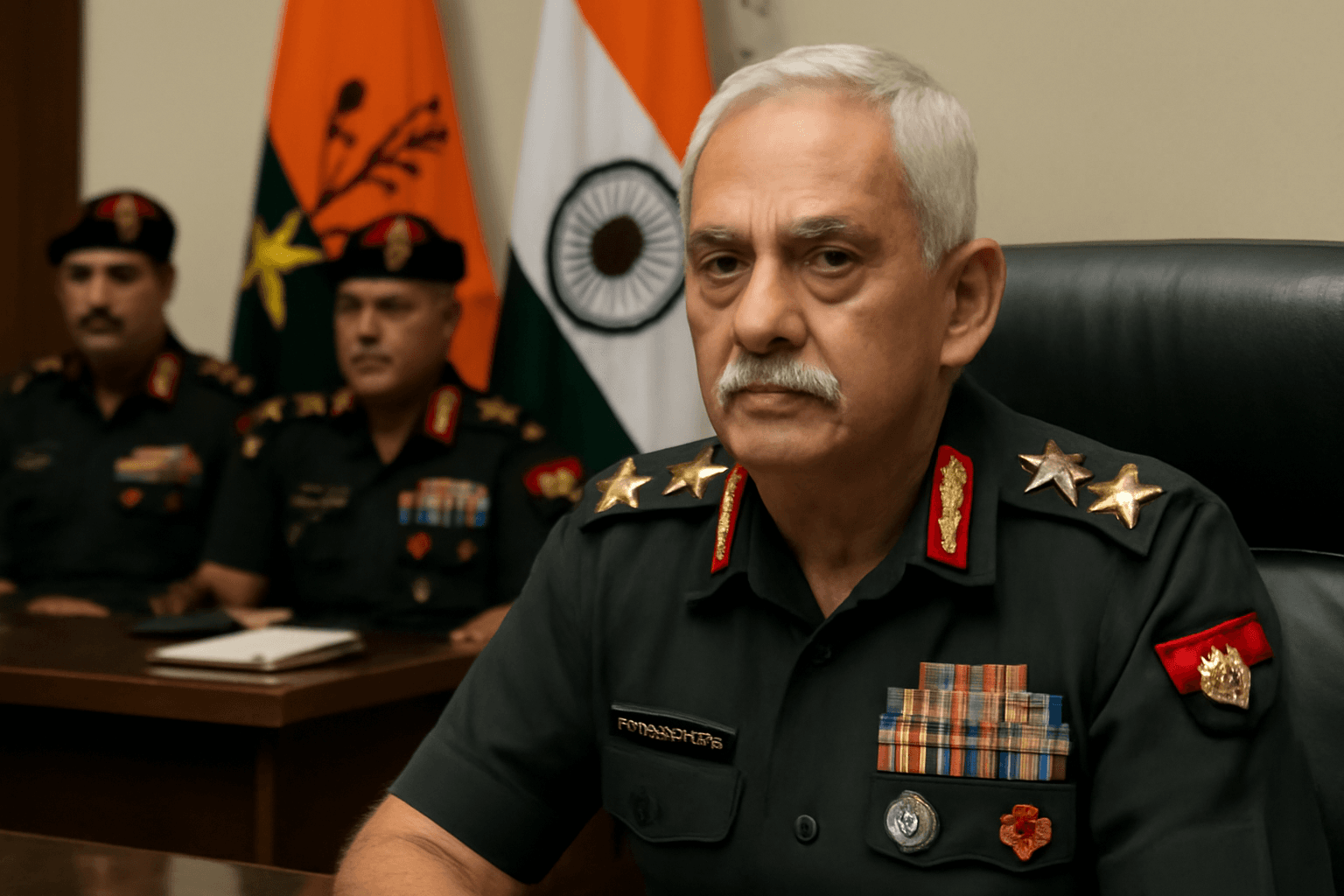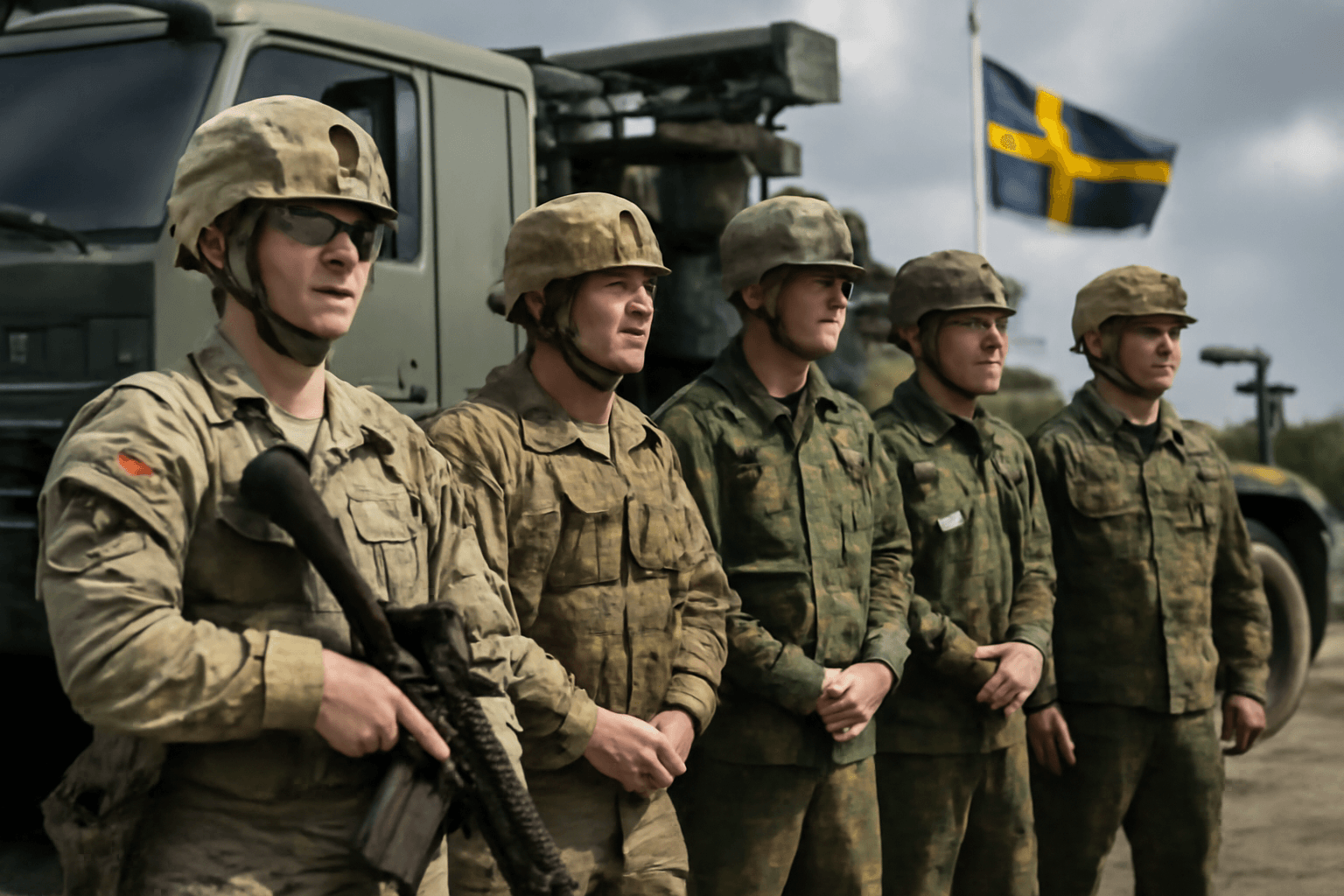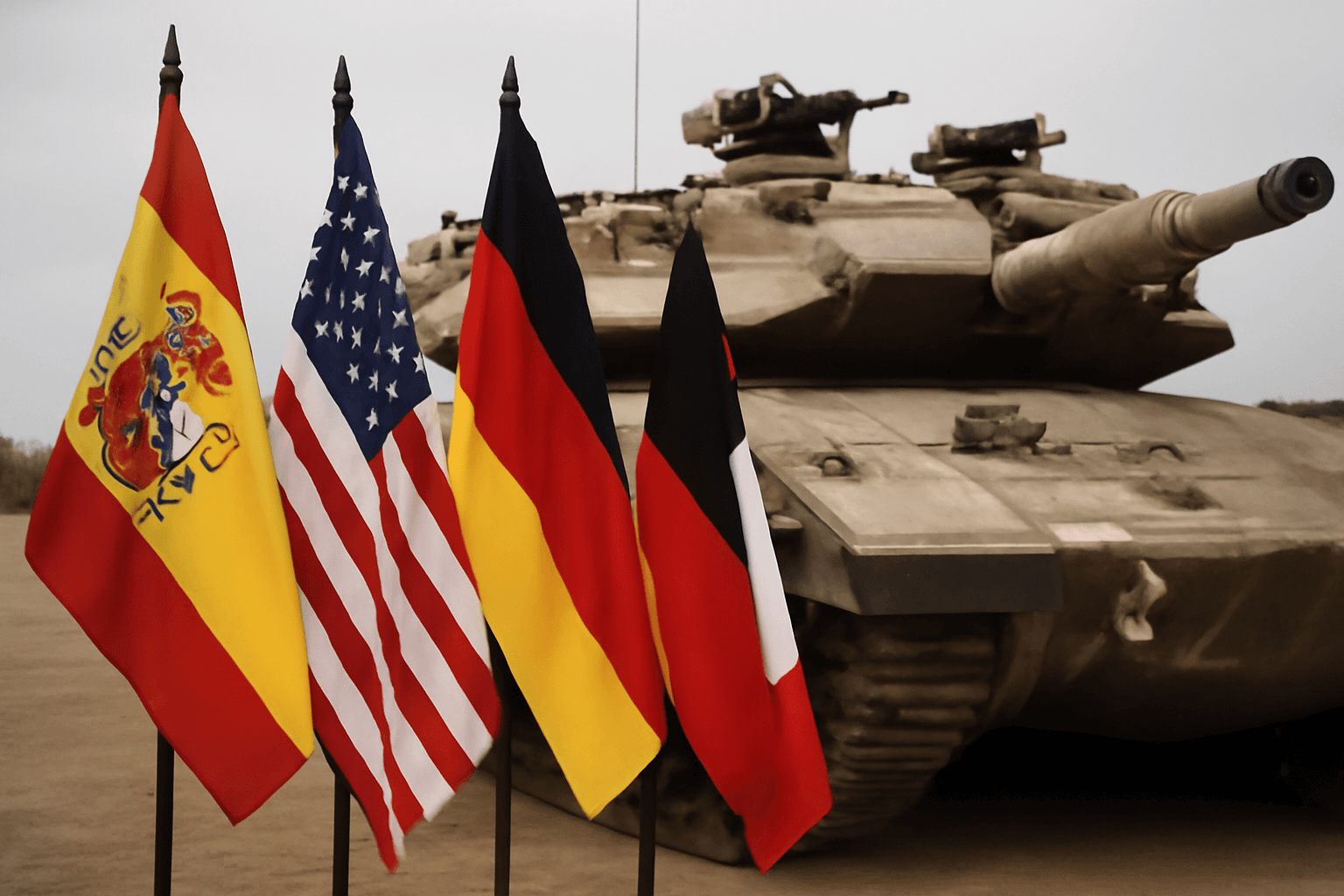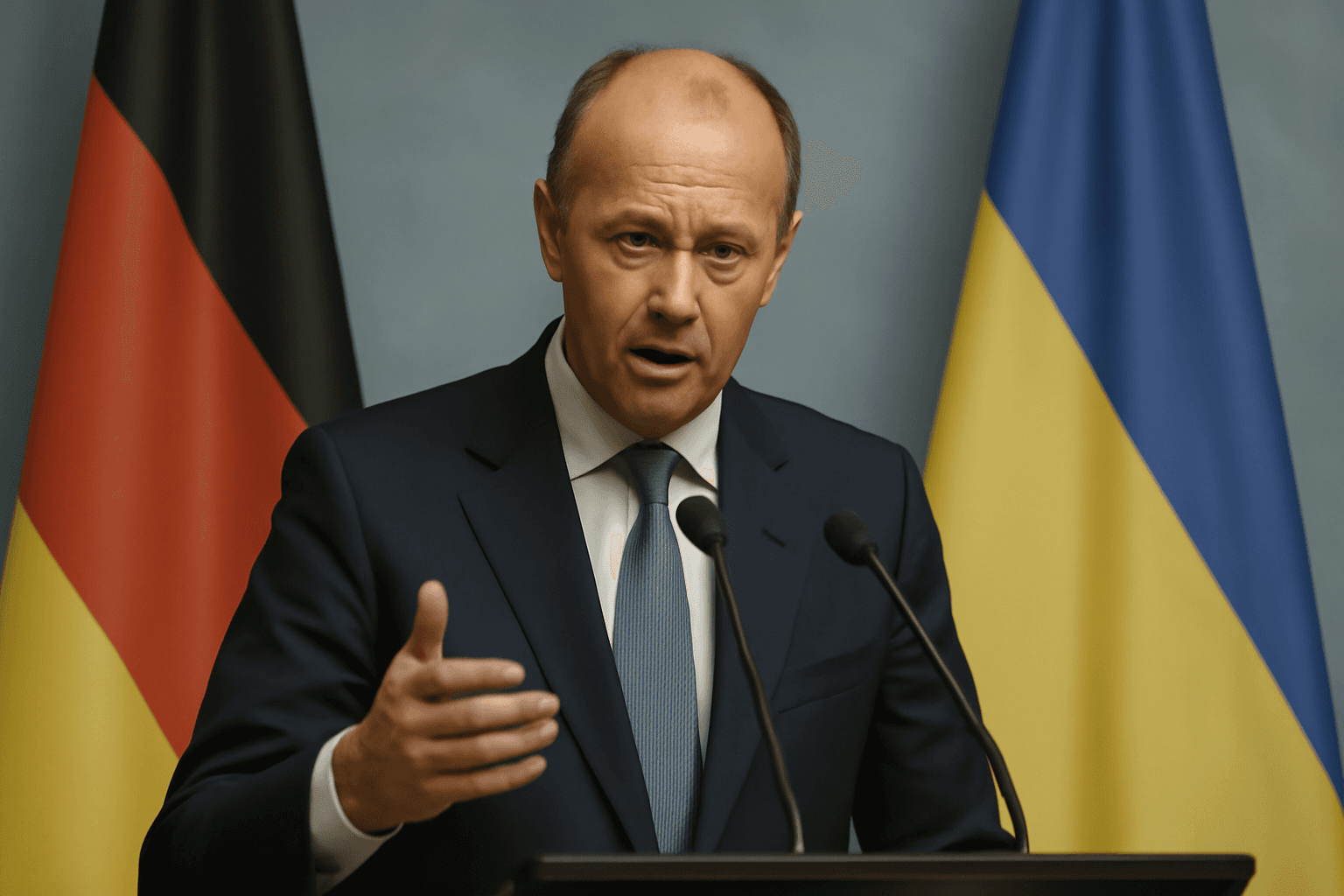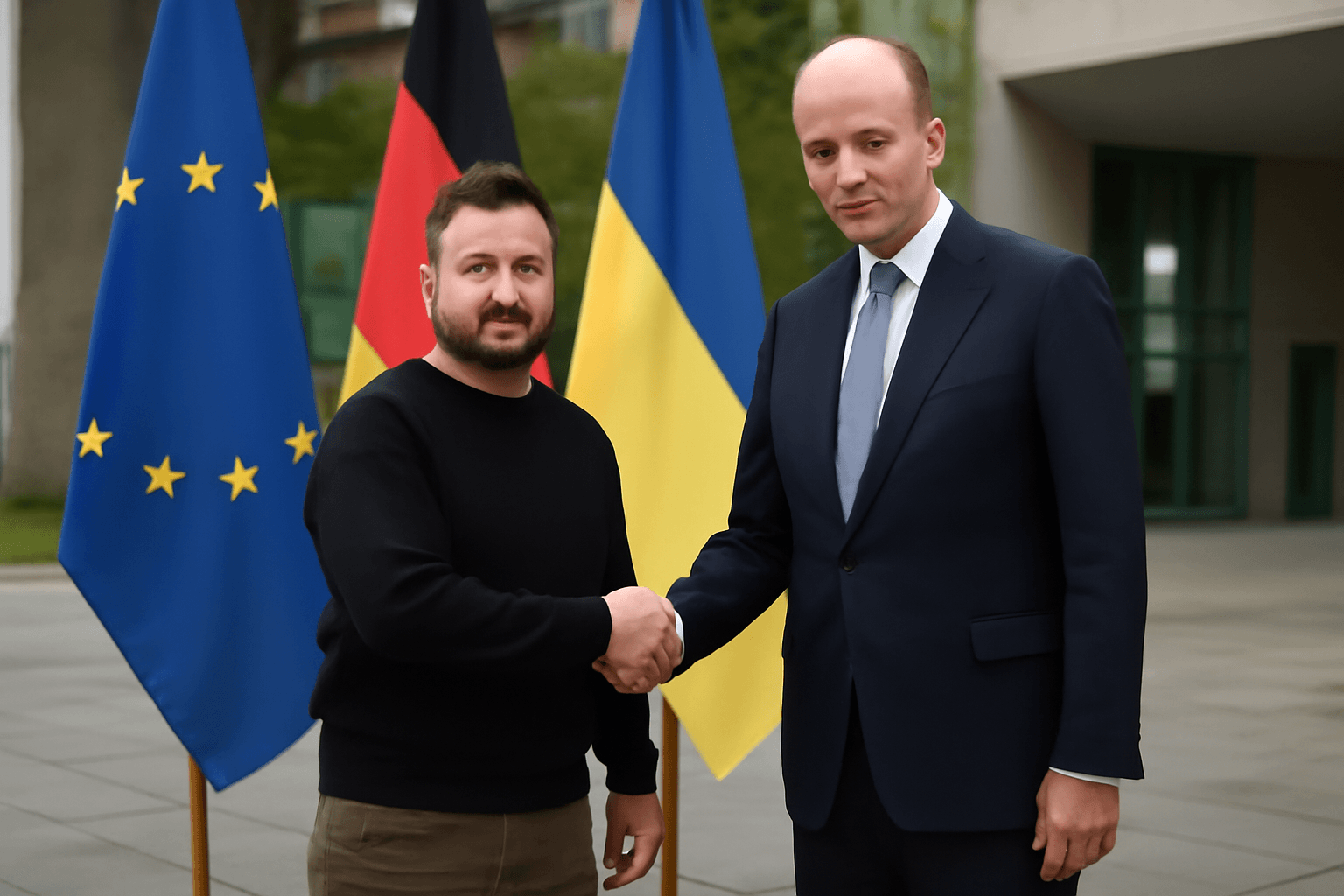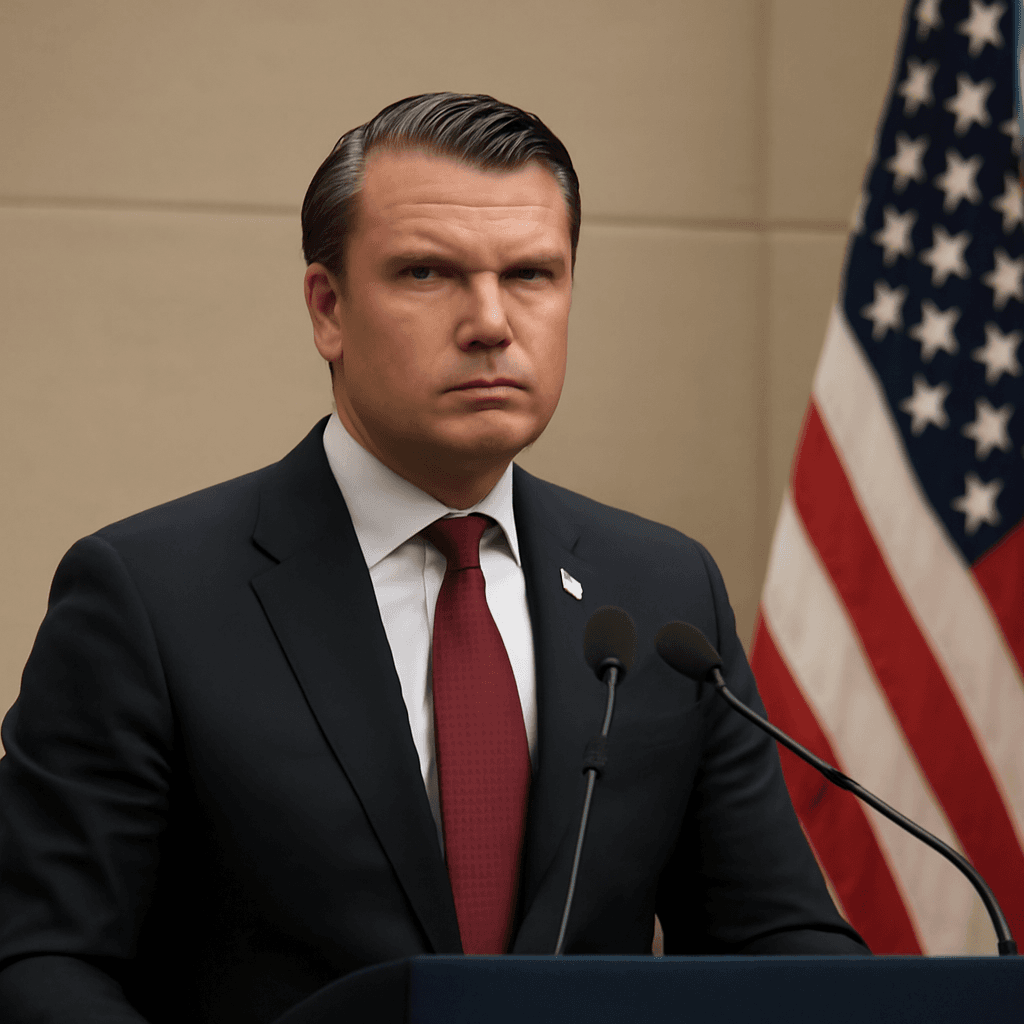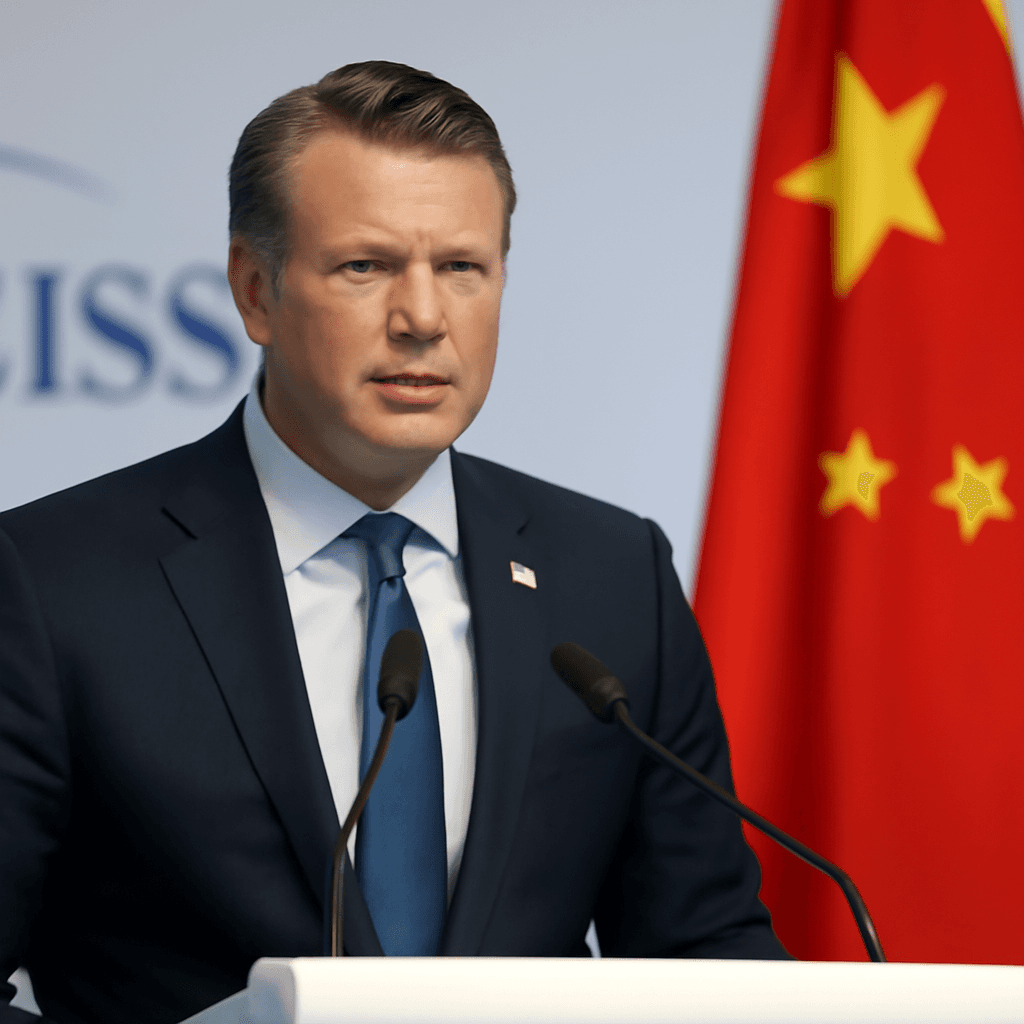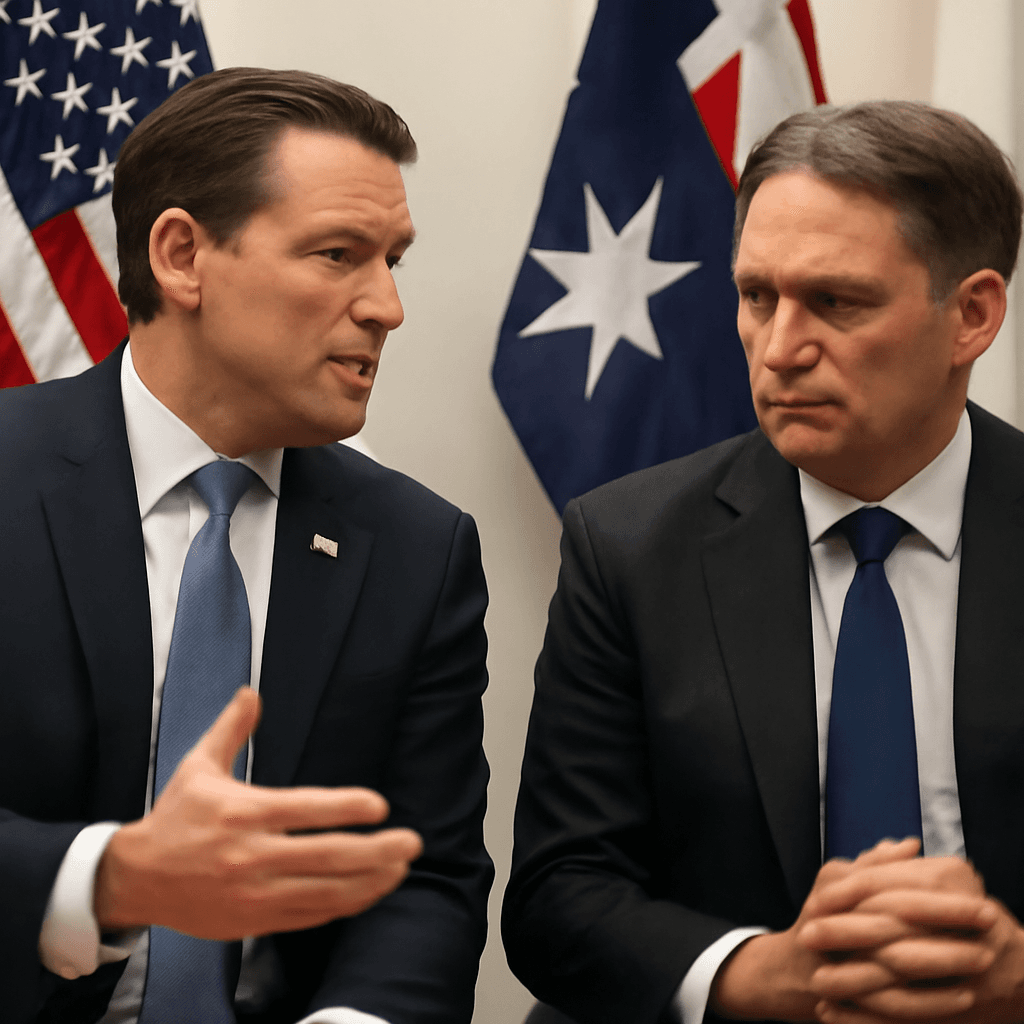Germany may require as many as 260,000 active-duty soldiers to satisfy NATO's increasing defense requirements, a figure significantly higher than the current government target of 203,000, according to a statement from the head of the country's military union.
The existing target of 203,000 soldiers was set in 2016, prior to Russia’s full-scale invasion of Ukraine, which led NATO to prioritize enhancing defense capabilities. Currently, the German armed forces, known as the Bundeswehr, have approximately 181,500 active personnel.
André Wüstner, chairman of the Bundeswehr Association—a key organization advocating for improved equipment, staffing, and working conditions within the German military—has indicated that the 203,000-soldier target is outdated and insufficient to meet present demands.
He explained that, depending on decisions made at the upcoming NATO summit scheduled for June 24–25 in The Hague, the Bundeswehr may need to expand its active-duty forces by an additional 40,000 to 60,000 soldiers. This growth would bring the force to nearly 260,000.
In response to persistent personnel shortages, the German government is also preparing to introduce a new voluntary military service program. This initiative will require all 18-year-old men to complete a questionnaire assessing their willingness and suitability for military service, while women may volunteer voluntarily.
The program aims to recruit around 5,000 volunteers annually. German Defence Minister Boris Pistorius emphasized that the program is "initially voluntary," but he did not rule out implementing more decisive measures should voluntary recruitment prove insufficient.
Since suspending conscription in 2011, Germany has not reinstated the draft, so any move toward compulsory service would represent a significant policy shift amid heightened security concerns within the NATO alliance.

